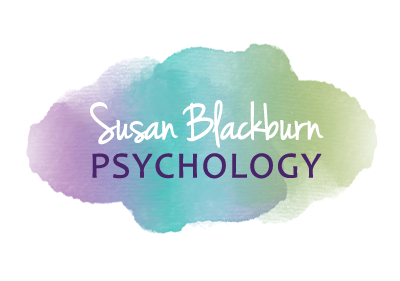Do you care about the feelings of others to the point that you have trouble speaking up for yourself?
If you answered yes, you’re in good company.
When you focus on whether you’re going to hurt someone else’s feelings, the person who gets hurt is you.
The unfortunate part is that the person you’re “protecting” doesn’t gain either.
Although your heart is in the right place, essentially you have told some form of untruth and now this person doesn’t really know who you are, what you like, what you don’t like and you become unsafe.
The two of you, whether you are partners, colleagues, friends, family-members have started to create an emotional barrier in between the two of you and with every protective, untruth told the wall gets bigger and bigger.
If you are the “nice” one who has trouble letting others know the truth, perhaps you see how this kind of nice is actually not very nice at all.
This style of interaction, if used often enough creates relationships where others don’t really know who you are! In the end, what’s created is a relationship with a wall in between the two of you.
When you get hurt because you choose not to stand up for yourself and speak your truth, you create a situation that actually allows you to give less and less not only to yourself, but to the other person and everyone else.
We all have an internal wellspring with an energy setting on one side and a resentment setting on the other. The ideal overall setting is overflowing with energy on one side and near empty with resentment on the other.
When you feel hurt, angry, resentful or frustrated you increase the resentment gauge and lower the energy gauge. This decreases your ability to interact with others joyfully, give generously and just generally be your best self.
So how do you remedy wanting to do right by others and stand up for your own needs at the same time?
I’ll admit that it can be a tricky balance, but the great news is… it’s definitely possible.
To right the balance, what you owe the other person, whether it be your partner, colleague, friend or anyone really, is kindness and respect. What you owe yourself is permission to be honest.
A blend of honesty mixed with kindness and respect creates positive changes for you and everyone else in your life.
For example, let’s say that your partner speaks to you in a disrespectful manner. When you don’t know how to handle this in a way that leaves you feeling empowered, it’s a big energy zapper! It can leave you feeling anger, hurt, frustration, shame, helpless and lonely. Over time feelings like this create a lot of inner turmoil.
Remember that you aren’t a victim. You may sometimes ‘feel’ like a victim based on your circumstances, and I get how difficult, painful and humiliating this can be, but you always have the choice to use your inner power and ability to create change.
Finding the right words to say can be challenging. If it was super easy, you’d already be doing it!
What you want to do is focus on how you’re feeling and what you want. Then, express it with kindness and respect. Remember to state the obvious.
Let’s look at how to speak up for yourself in the following three scenarios:
1. You seem to be a sounding board for complaints, worries, and problems.
Relax, breathe deeply and say “I’m feeling uncomfortable with this conversation. I’d really like to have a positive conversation where we might inspire one another.” (Or something similar in your own words. Avoid using the word “you” or feelings that imply blame)
2. You aren’t included in important financial decisions with your partner because your income is lower.
Relax, breathe deeply and say “I’m feeling really hurt and angry. It’s important to me that we make financial decisions as a team.”
3. You are being taken for granted and spoken to disrespectfully.
Relax, breathe deeply and say “I’m feeling disconnected and lonely. I want to be spoken to with kindness and respect.”
Instead of responding as I’ve outlined above, we often state what we don’t want, how we were mistreated, which is of course, all true! It is also ineffective. By avoiding the complaints and the focus on what we don’t want we zero in on the changes we require in a clear and concise manner. You’ll be surprised at how effective standing up for yourself in this manner is.
Explanations and conversations often do more harm than good when you need to speak up for yourself and remedy a situation. So again, you’ll want to focus on:
1) how you’re feeling
2) what you desire; and
3) what you need to say to express 1 & 2 in a way that can be heard.
I guarantee that a continuous commitment to these type of interactions will change your life. It will get your internal wellspring back on track, increase your confidence and create a lot more love in your life.
Don’t believe me?
You don’t have to take my word for it. Give it a try! You have nothing to lose and everything to gain.









